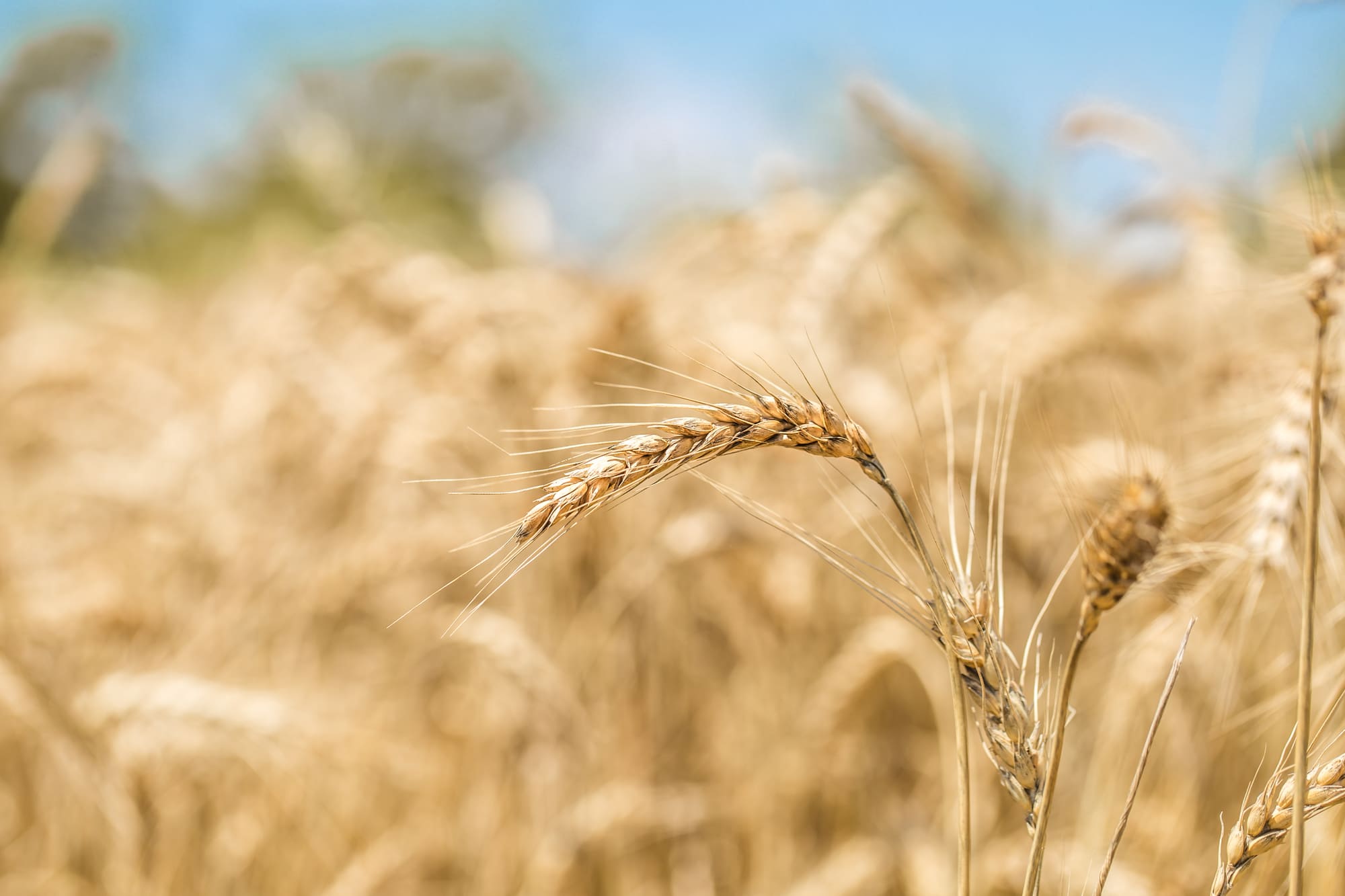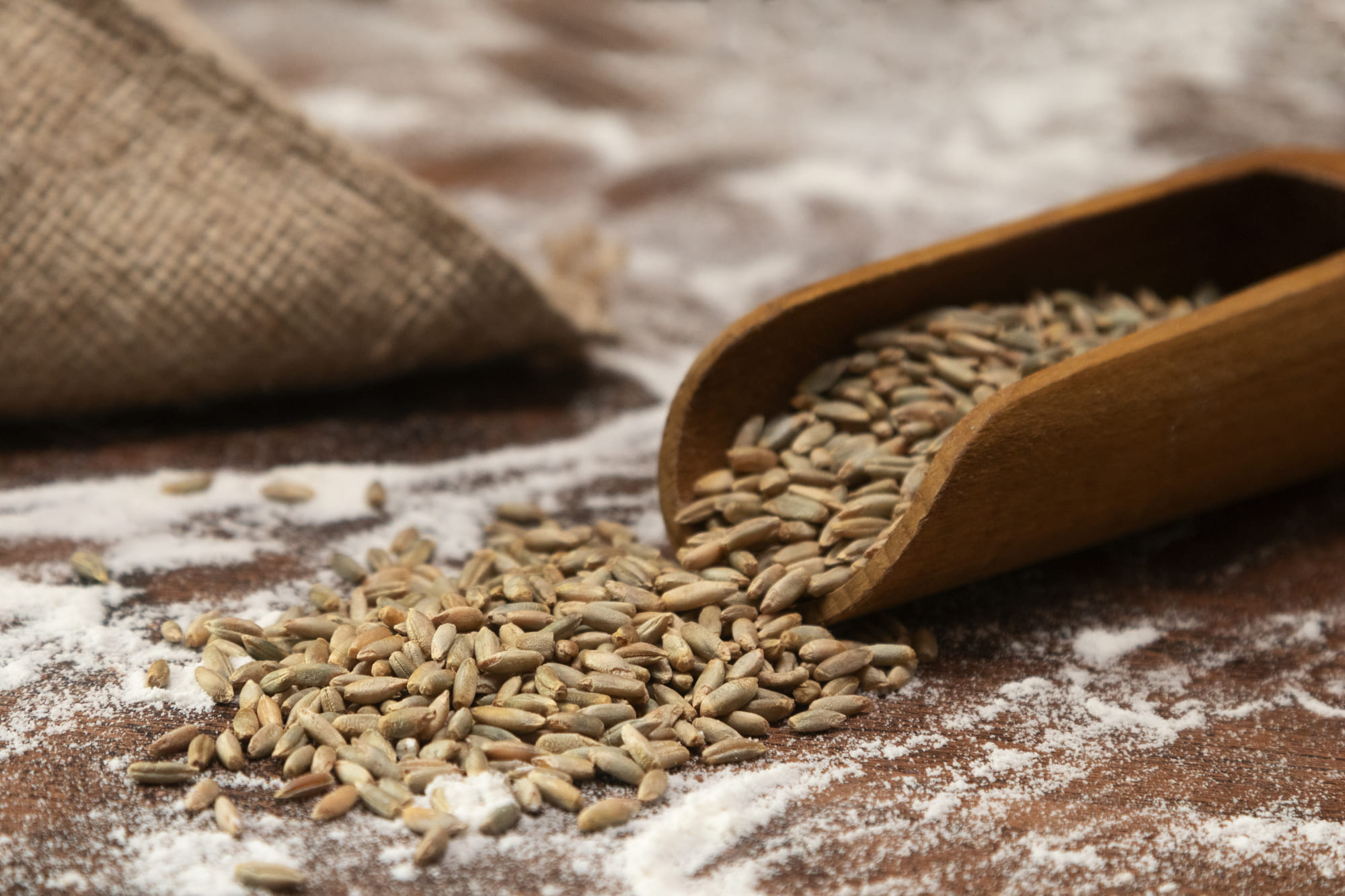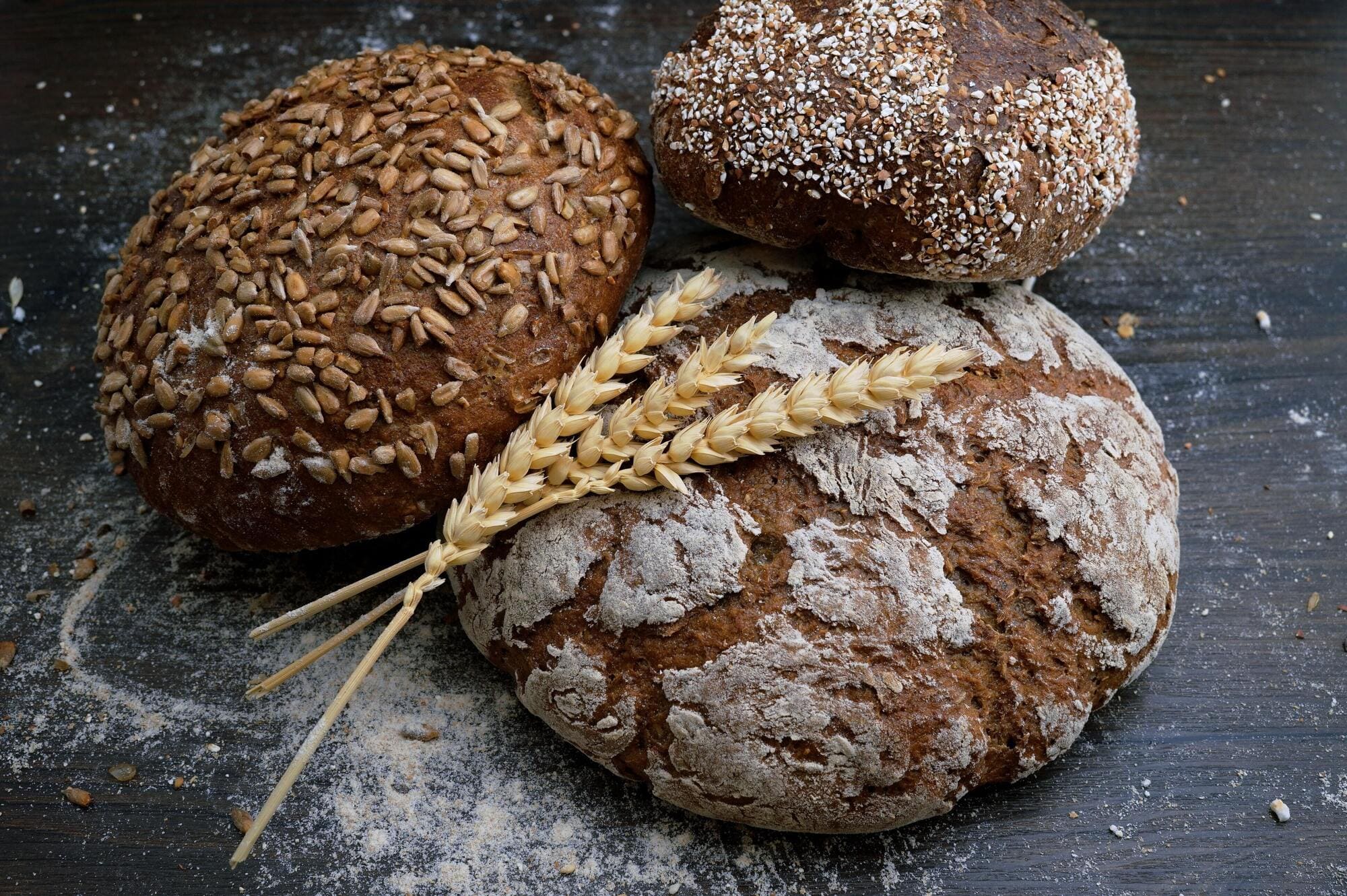
The Importance of Whole Grains in a Balanced Diet
Whole grains are a powerhouse of nutrition and play a crucial role in maintaining overall health. Unlike refined grains, whole grains contain all three parts of the grain kernel – the bran, germ, and endosperm – which provide a wealth of essential nutrients. From improving digestion to reducing the risk of chronic diseases, incorporating whole grains into your diet can have a lasting positive impact.
What Are Whole Grains?
Whole grains are grains that retain all their natural components, making them richer in fiber, vitamins, and minerals compared to their refined counterparts. Common whole grains include:
- Quinoa – A gluten-free grain packed with protein and essential amino acids.
- Oats – A heart-healthy grain known for its high fiber content and ability to lower cholesterol.
- Brown Rice – A great source of complex carbohydrates and antioxidants.
- Whole Wheat – Used in bread, pasta, and cereals, providing essential B vitamins and iron.
Barley – Known for its high fiber content, which aids digestion and supports heart health.
Health Benefits of Whole Grains
Improves Digestion
Whole grains are an excellent source of dietary fiber, which aids in digestion and promotes gut health. Fiber helps regulate bowel movements and prevents constipation, ensuring a healthy digestive system.
Supports Heart Health
Studies have shown that consuming whole grains can lower the risk of heart disease. The fiber in whole grains helps reduce cholesterol levels, while antioxidants and healthy fats contribute to overall cardiovascular well-being.
Regulates Blood Sugar Levels
Unlike refined grains, whole grains have a lower glycemic index, meaning they release energy more slowly and help prevent blood sugar spikes. This makes them a great choice for individuals with diabetes or those looking to maintain stable energy levels throughout the day.
Aids in Weight Management
The fiber content in whole grains promotes satiety, helping you feel full for longer periods. This can prevent overeating and assist in weight management by reducing overall calorie intake.
Easy Ways to Add Whole Grains to Your Diet
Incorporating whole grains into your daily meals is easier than you think. Here are some simple swaps and ideas:
- Choose Whole Grain Bread and Pasta: Opt for whole wheat bread, pasta, and wraps instead of their refined counterparts.
- Start Your Day with Oatmeal: A warm bowl of oatmeal topped with fruits and nuts makes for a hearty, fiber-rich breakfast.
- Use Brown Rice or Quinoa: Swap out white rice for brown rice or quinoa to add more fiber and protein to your meals.
- Snack on Popcorn: Plain, air-popped popcorn is a whole grain snack that’s both healthy and satisfying.
Bake with Whole Wheat Flour: Replace white flour with whole wheat flour in muffins, pancakes, and homemade bread recipes.
Conclusion
Switching to whole grains is a simple yet effective way to boost nutrition without compromising taste. Whether in bread, rice, or breakfast cereals, making this change can have lasting health benefits. By incorporating whole grains into your diet, you can improve digestion, regulate blood sugar, support heart health, and manage weight more effectively. Start small by making simple swaps and gradually increasing your intake of whole grains for a healthier lifestyle.


